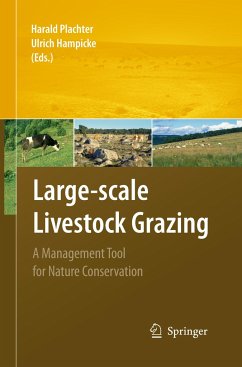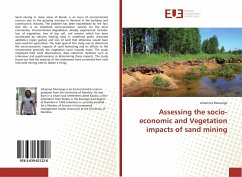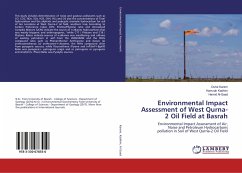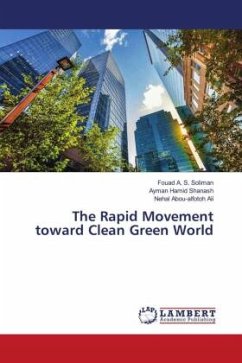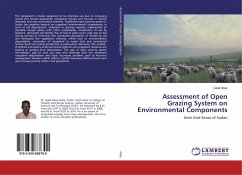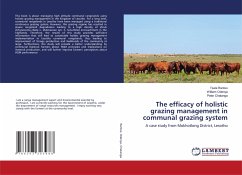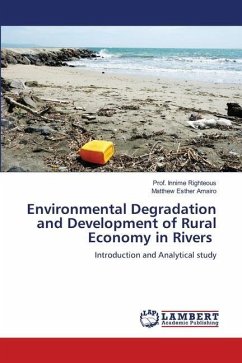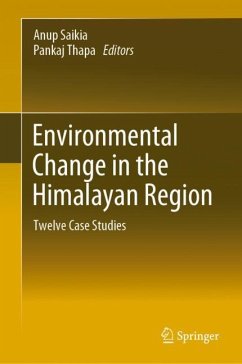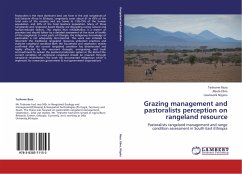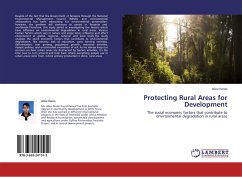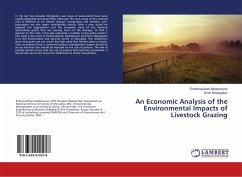
An Economic Analysis of the Environmental Impacts of Livestock Grazing
Versandkostenfrei!
Versandfertig in 6-10 Tagen
24,99 €
inkl. MwSt.

PAYBACK Punkte
12 °P sammeln!
In the last two decades Mongolia's vast areas of pastureland have been rapidly degraded and desertified. Although the main cause of this national crisis is believed to be climate change, overgrazing and livestock over-population are also major contributing factors. Now a new study has assessed the degradation and the economic value of the livestock (particularly goats) that are causing much of the damage. To find a solution to the crisis, it has also evaluated a number of key policy options. The study is the work of Erdenesaikhan Naidansuren and Onon Bayasgalan from the Environment and Securit...
In the last two decades Mongolia's vast areas of pastureland have been rapidly degraded and desertified. Although the main cause of this national crisis is believed to be climate change, overgrazing and livestock over-population are also major contributing factors. Now a new study has assessed the degradation and the economic value of the livestock (particularly goats) that are causing much of the damage. To find a solution to the crisis, it has also evaluated a number of key policy options. The study is the work of Erdenesaikhan Naidansuren and Onon Bayasgalan from the Environment and Security Center of Mongolia. The researchers show that goats are not worth the high value that herders place on them. They recommend that a communal pasture management system should be set up and that fees should be imposed on the use of pastures. This mix of policies should ensure that the use of pasture land becomes sustainable. It should also secure the long-term livelihoods of herder households.



